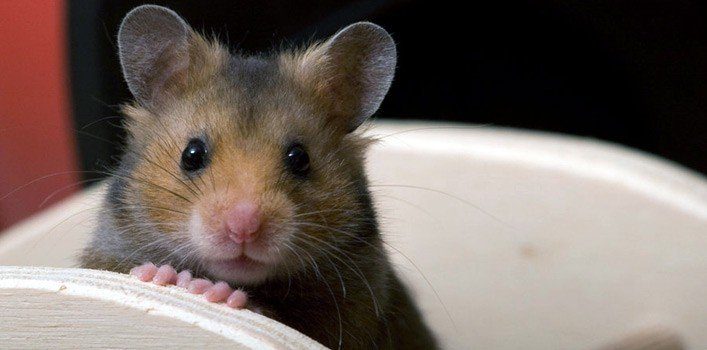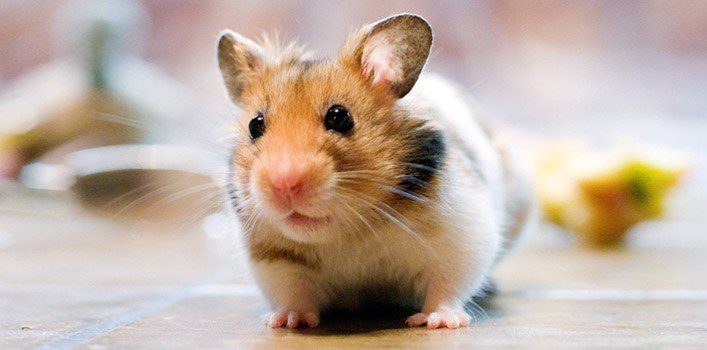Hamsters are adorable little creatures.
Many Children choose to have them as pets and it’s not hard to see why.
Hamsters are typically small beady-eyed rodents with tiny feet and tiny rounded ears, they’re plump, fluffy and soft to hold.
So if you love hamsters, here’s a list of 19 facts you probably didn’t know about the fuzzy little guys.
Hamsters are crepuscular sleepers.
This means that they won’t be awake during the day or the night, but rather during the morning and evening.
Hamsters are omnivores.
Hamsters can eat seeds, grains, grasses and even insects.
Hamsters have a lot of babies.
They have been known to have about 24 babies at a time. That’s hard labor.
Not all hamsters are small.
Though some hamsters are as small as 2-4 inches, the largest ones are approximately 13 inches long.
There are only 5 species of hamster that are adopted as pets.
There are 24 species of hamster in known existence, but only 5 hamster species are available in pet stores. The species available are Roborovski (Robo Hamsters), Campbell’s Dwarf Hamsters, Chinese Hamsters, Syrian Hamsters, and Russian Dwarf Winter White Hamsters.
Syrian hamsters have a high tolerance to alcohol.
Syrian hamsters store fruit in their cheeks for such a long periods of time that the fruit is fermented by the time the hamster eats it.
Pet hamsters need big wheels to run on.
If the wheel is too small, it can give the hamster back problems and even arthritis. Hamsters will refuse to use a wheel that is too small for them and can become too inactive which will cause health problems.

Hamsters have terrible eyes.
When they are born, they cannot see at all, but even after the two weeks it takes to receive their sight it isn’t very good. Hamsters are colorblind and nearsighted.
Hamsters are good burrowers.
Hamsters burrow into the ground for their shelter, they dig holes about a meter deep and make several rooms within their underground homes.
Diarrhea in hamsters is known as “Wet Tail”.
It is very bad for a hamster to experience Wet Tail because of the health issues it involves, they can be in serious discomfort, become dehydrated, and even die from a prolapsed rectum. If your fuzzy buddy has diarrhea, get him help!
Hamsters have cheeks that can stretch.
Hamsters store food in their cheeks and their cheeks can stretch until their head looks 2-3 times its size. Mother hamsters even hide her babies in her cheeks if she feels they are in danger.
The Syrian Hamster is the most popular breed of hamster to have as a pet.
Because of their poor eyesight, they use their sense of smell and scent glands to find their way.
Hamsters live very short lives. The most time they can live is 4 years.
Hamsters have very short tails. Their tails are anywhere between 2-4 cm.
The Chinese word for Hamster is Cāngshǔ.
Syrian Hamsters were first mentioned by Alexander Russell in 1797, described as a new rodent species in his publication, The Natural History of Aleppo.
The Latin translation for hamster is Criceta.
There is a Japanese Manga called Hamtaro all about a hamster named Hamtaro, who goes on adventures with 13 other friends.

















